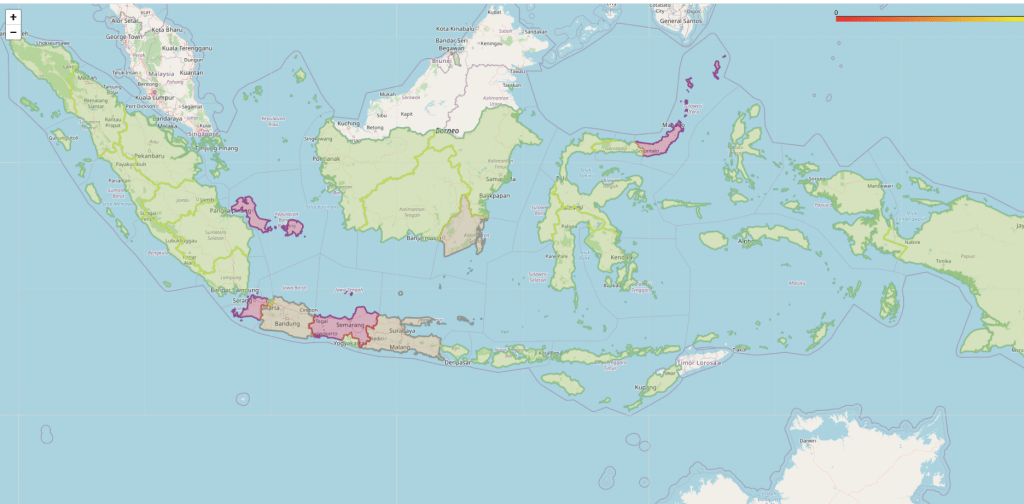Dr. Rozita Dara

If our computer model is built and deployed in real time, it could be a very effective tool for giving early warning about an outbreak and its impact.
– DR. DARA
Social media and Google search result data is often used for advertising purposes, however, a University of Guelph computer scientist is using that data to track and stop disease spread.
Dr. Rozita Dara, an associate professor in the School of Computer Science, and her team have built artificial intelligence models and software tools using data from tweets and Google searches to track and model avian influenza outbreaks. The model has improved prediction rates; it has been able to predict outbreaks anywhere from three days to two weeks before they occur.
“Google has shown to be an effective and accurate tool for prediction because people tend to ask questions to Google,” says Dara, “It’s like a doctor for people typing in symptoms and asking questions”
She thinks such a surveillance tool could have serious implications for and beyond avian influenza outbreak management and prevention, informing public health decisions around control measures and intervention policies.
Avian influenza is the disease that results from infection by avian influenza viruses. Naturally occurring in most wild aquatic birds, the viruses pose a serious threat to domestic birds, including poultry. Infected birds have high mortality rates and, often, infected flock are culled, or selectively slaughtered to stop the spread of the viruses.
Thankfully, the viruses rarely infect humans, but there is always concern that they could mutate and spread across the global population as SARS-CoV2 (coronavirus) has done. Diseases that spread between humans and animals are called zoonotic diseases and they are a common topic in the One Heath discourse – that is, the concept that human, animal, and environmental health are inextricably linked.
Dara’s work on this project incorporates One Health at every step. From conception to data gathering, analysis, and application, the health of animals, humans, and the environment has been central to the project.
Dara and her team have gathered climate variables related to weather patterns as well as historical avian influenza disease data. They have also extracted wild bird migratory patterns and obtained the global distribution of poultry report from the Food and Agriculture Organization of the United Nations (FAO). They have combined these data sources to create a software system that uses machine learning to better understand the risk factors associated with avian influenza outbreaks.
Tweets and Google search results are also helpful location markers. If someone reports symptoms in their birds or posts about a known case, for example, that is usually tagged with a location. This helps Dara and her team gain a better sense of where cases are occurring and where they may potentially spread, all contributing to a more accurate model.
Having a variety of data sources and potential factors adds to the complexity of the project but is also necessary. Avian influenza is a threat to human, animal, and environmental health and a problem of this scale requires a holistic approach. One Health provides that framework.
“[One Health] helped me understand the interconnectedness of many different factors in my research,” says Dara.
Most recently, Dara and her team have been testing their solution and model’s accuracy and effectiveness using historical avian influenza data and records. The next step is to invite target audiences like epidemiologists and policy makers to test the tool and offer feedback on its user-friendliness and functionality.
“It’s important to get feedback,” says Dara, “because we want the tool to be integrated into decision-making processes and to be human-centered.”
This interdisciplinary research has been conducted in collaboration with Dr. Shayan Sharif, Professor and Associate Dean (Research and Graduate Studies), at the Ontario Veterinary College.
Learn more about Dr. Dara and her research here: http://drozita.socs.uoguelph.ca/index.html
By: Anna McMenemy
Share this article




